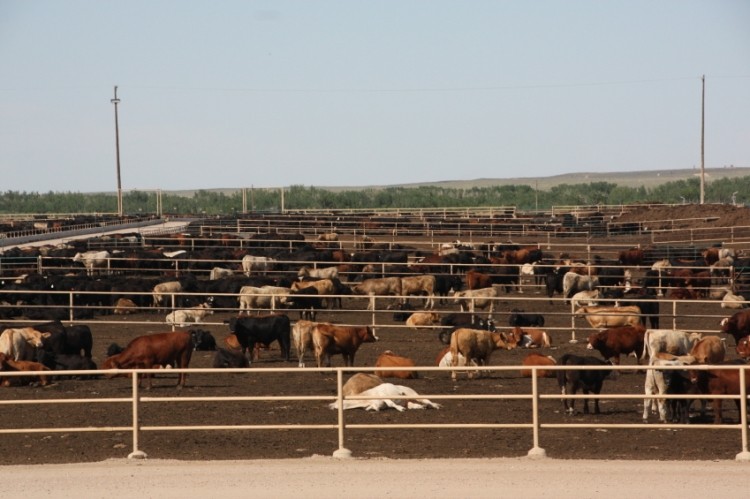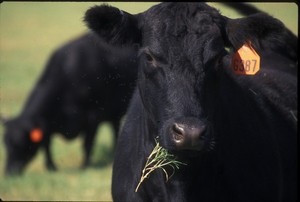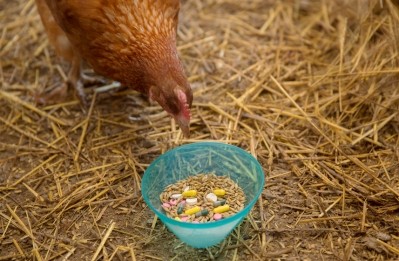Cargill cuts 20% of shared-class antibiotic use for cattle

The Minnesota-based agro-giant announced the change this week. It said the move should affect about 1.2m cattle in production annually. Research projects examining nutrition and feeding practices, including work done by Cargill Animal Nutrition, are already in progress to support future efforts, said company officials.
The reduction in antibiotic use went into effect on February 26, said a Cargill spokesperson.
“There has been a lot of interest in this topic among customers and consumers,” he told FeedNavigator. “We looked at the research that was out there, as well as work we had been doing at feedlots to get to this point. Like most things, science and technology will probably continue to develop and we’ll look at that to see how we could make further reductions.”
Cut details
The reduction in shared-class antibiotics is set to take place at four of the company’s feed yards in Texas, Kansas and Colorado. The cattle in four feed yards operated by Friona Industries will also see a reduction in antibiotics fed or used.
Friona Industries is a business partner of Cargill and supplies cattle to the company.
“For the beef cattle covered by this announcement, Cargill does not use any antibiotics for growth promotion that are medically important for human health,” said company officials.
Cargill decided on the course of action to help protect the continued medical effectiveness of antibiotics that can be used for both animals and people, said John Keating, president of Cargill’s Wichita-based beef business, in a release. “We need to balance those desires with our commitment to ensure the health of animals raised for food, which contributes to the production of safer food.”
Continue research is expected to help it further reduce use of antibiotics in the beef supply chain, he said. But Cargill also has the responsibility of treating sick animals and preventing them from becoming ill, he added.
Ongoing work
The Cargill spokesperson told us another goal is to have 90% of its supply come from Beef Quality Assurance (BQA) certified feed yard sources by 2018. “A significant part of BQA involves antibiotic stewardship training about the appropriate use and administration of pharmaceutical products, the need for good record keeping, and good vet-client-patient relationships," he said.
Cargill is among the first major beef processors to set that target, he said. The company also has ongoing collaborations with cattle ranchers, researchers, universities and allied partners to track production practices and alternatives to limit the need for antibiotic use in animal production.
“We will use our newly created webpage to communicate our beef antibiotic policy, in addition to any newsworthy milestones that have the potential to further reduce antibiotic use in beef cattle,” said Keating. “We will also engage with customers and other important stakeholders on a continual basis to better understand their expectations regarding antibiotic use in beef production, and how we can better meet those expectations.”
In 2014, the company committed to ending the use of growth promoting antibiotics in its turkey production, said company officials.



![Feed formulation firm buy underscores Cargill animal nutrition growth strategy [pic: (c) istock.com]](/var/wrbm_gb_food_pharma/storage/images/_aliases/wrbm_medium/publications/feed/feednavigator.com/article/2015/12/17/cargill-buys-uk-feed-formulation-software-firm/746655-2-eng-GB/Cargill-buys-UK-feed-formulation-software-firm.jpg)




